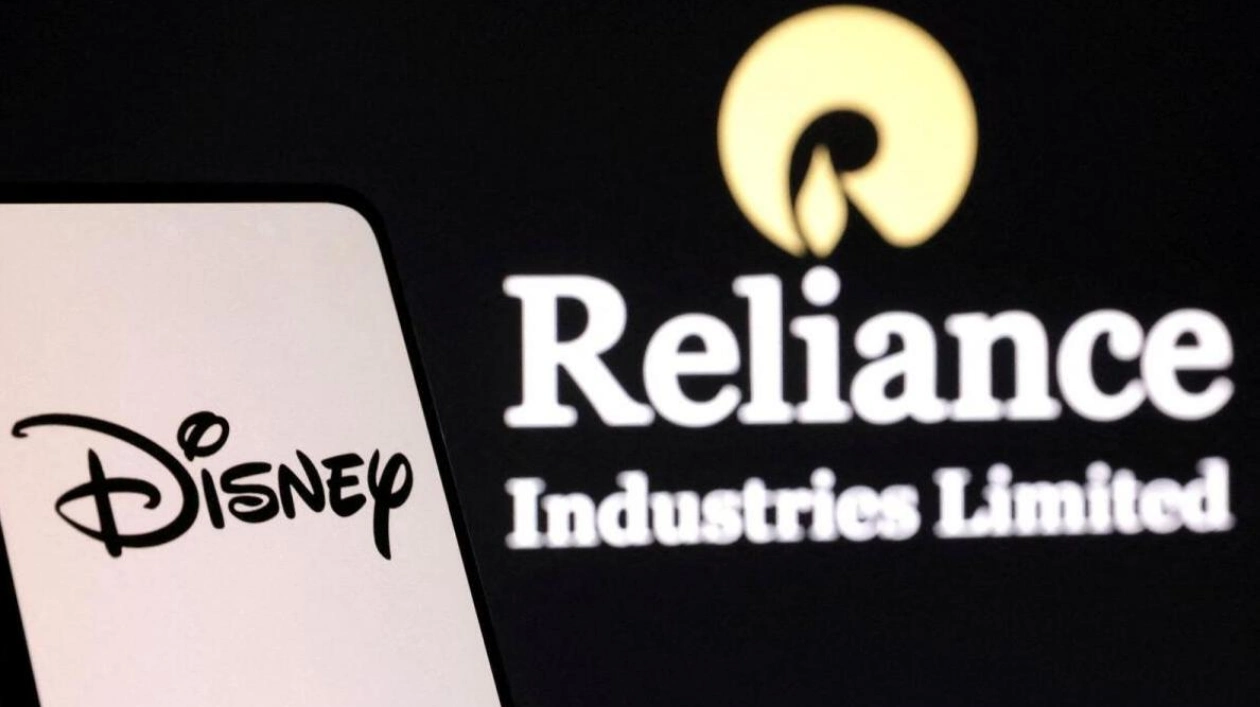The Indian antitrust regulator's resistance to the proposed $8.5 billion merger between Walt Disney's and Reliance's Indian media assets could compel the firms to divest some valuable cricket broadcasting rights or impose caps on advertising rates. Earlier this week, Reuters reported that the Competition Commission of India (CCI) issued a cautionary notice to the companies, expressing worries that the consolidated entity would monopolize cricket broadcasting rights, potentially harming advertisers. Neither the companies nor the CCI have provided comments due to the confidential nature of the proceedings. The merger aims to establish India's largest entertainment conglomerate, rivaling Sony, Netflix, and Amazon with 120 TV channels and two streaming platforms. Cricket, immensely popular in India, is considered the most valuable asset. According to seven antitrust attorneys, to proceed with the merger, the companies may need to implement structural adjustments or behavioral remedies, which could involve selling certain broadcasting rights. They could opt to sell rights for specific cricket events or for particular media platforms, such as TV or streaming, to address antitrust concerns. In recent years, Reliance and Disney have collectively invested around $9.5 billion in acquiring TV and streaming rights for major cricket events, including the Indian Premier League and matches organized by the International Cricket Council and the Indian cricket board. Another potential solution is for the companies to commit to capping cricket match advertisement rates for several years, ensuring that advertisers' interests are safeguarded. Rahul Rai, a partner at Axiom5, suggested that rates could be set as fair, reasonable, and non-discriminatory, or limited to a percentage increase that only accounts for inflation. The companies have previously assured the CCI that the rights will not adversely affect advertisers and will expire by 2027-28, allowing other competitors to bid. Cricket rights are crucial to the merger's success. Both companies have used free match viewing to attract subscribers to their streaming services. Without cricket rights, the merger might not proceed. The combined entity will also hold broadcasting rights for other major sporting events in India, including Wimbledon, MotoGP, and the English Premier League. Media agency GroupM estimates that sports-related sponsorship, endorsement, and media spending in India reached nearly $2 billion in 2023, with cricket accounting for 87% of this expenditure. Reliance has already proposed selling fewer than 10 regional language TV channels to gain CCI approval but has opposed altering cricket rights, which has displeased the regulator. Kanika Chaudhary Nayar, an antitrust partner at DSK Legal, suggested that Disney and Reliance could address some concerns by selling non-cricket sports TV channels while retaining their cricket broadcasting rights. If the CCI remains unsatisfied, it could initiate a more extensive review, potentially delaying the approval process for months. Despite the notice, Disney is reportedly confident about securing approval without divesting the rights. K.K. Sharma, a former CCI mergers head, noted that the approved merger would create a dominant player in the broadcasting market and a practical monopoly on cricket advertisement revenues.

Text: Lara Palmer
26.08.2024
CCI's concerns could lead to divestment of lucrative cricket broadcast rights or advertising caps





